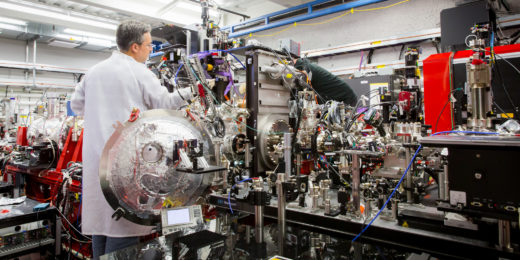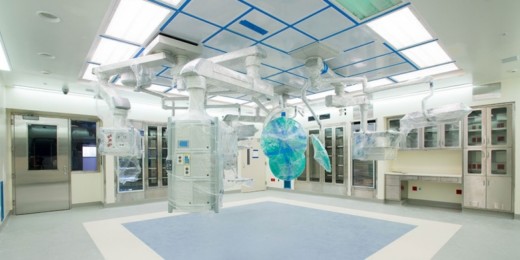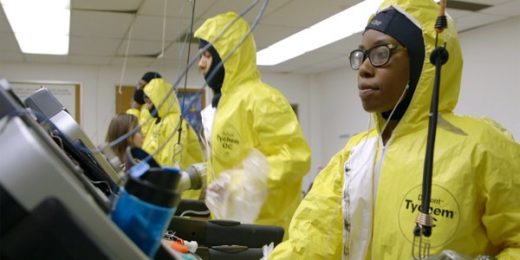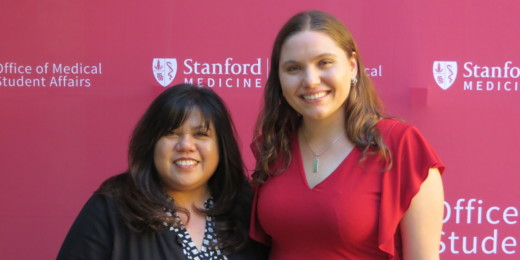Researchers have made a molecular movie showing how retinal changes shape when hit by light. Retinal is critical to vision and many other light-driven processes.
Month: June 2018
New operating suites will accommodate advanced technology, multiple uses
With the opening of the new Stanford Hospital and the Packard Children's surgical and imaging centers, Stanford Medicine will be redesigning surgical space.
Teens shouldn’t use medical marijuana, but the plant’s active compounds have select uses, debaters agree
There’s no good evidence for using marijuana for common complaints, and the products sold in cannabis dispensaries pose risks to kids and teens.
Pediatric researcher celebrated for her perseverance, accomplishments
The career of Stanford pediatric infectious disease researcher and physician Yvonne Maldonado is featured in this video and blog post.
Emergency physicians train for search-and-rescue
Physicians and others from Stanford Emergency Medicine recently participated in a disaster preparation search-and-rescue drill at Moffett Field.
The travel ban harms already vulnerable Syrian refugees
The Supreme Court upheld the travel ban, making it a challenge for refugees and others who had hoped to travel, or live, in the U.S.
New suicide prevention clinical trial shows what works for teens
A new multi-center trial shows that dialectical behavior therapy can help reduce suicide attempts and self-harm in adolescents.
MS1 and done: Wrapping up my first year of medical school
Stanford's Orly Farber reflects on successfully finishing her first year of medical school.
Citizen science research investigates neighborhoods’ effects on well-being
Researchers engaged citizen scientists to take photos and collect other data to investigate how neighborhoods can affect health.
Test results unraveled: Understanding mysterious genetic variants for heart disease
Stanford researchers use gene editing and stem cell technologies to determine whether to worry — or not — about mysterious genetic test results.
Working to keep people cool and safe in personal protective gear
A system that circulates cold water may be the key to improving protective suits for infectious disease responses, firefighting and more.
Epidurals increase in popularity, Stanford study finds
The percentage of pregnant women getting epidurals or other spinal analgesia has climbed to a high of 71 percent, according to a Stanford study.
Pediatric medical device approvals need to speed up, says FDA specialist
Children aren’t getting access to many new medical devices, but the U.S. Food and Drug Administration is working to change that.
Humble and human: Lessons from partnering with a patient
In this piece, medical student Anna Carroll reflects on the lessons she has learned from Lourie, a patient who volunteered her time to share her story.
Biodesign fellows make wearing hard contact lenses easy
When a team of biodesign fellows encountered a large population of patients who suffered from contact lens-induced dry eye, they set out to fix the problem.
A look back at Stanford Medicine’s graduation
A video that offers a look back at Stanford Medicine's graduation ceremony.

















